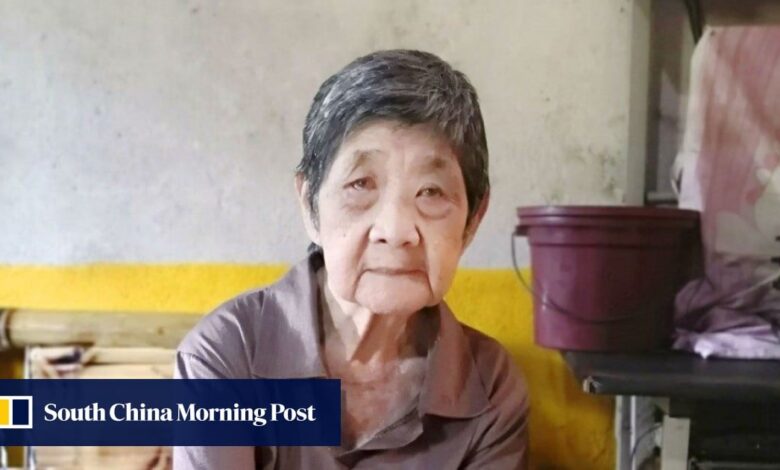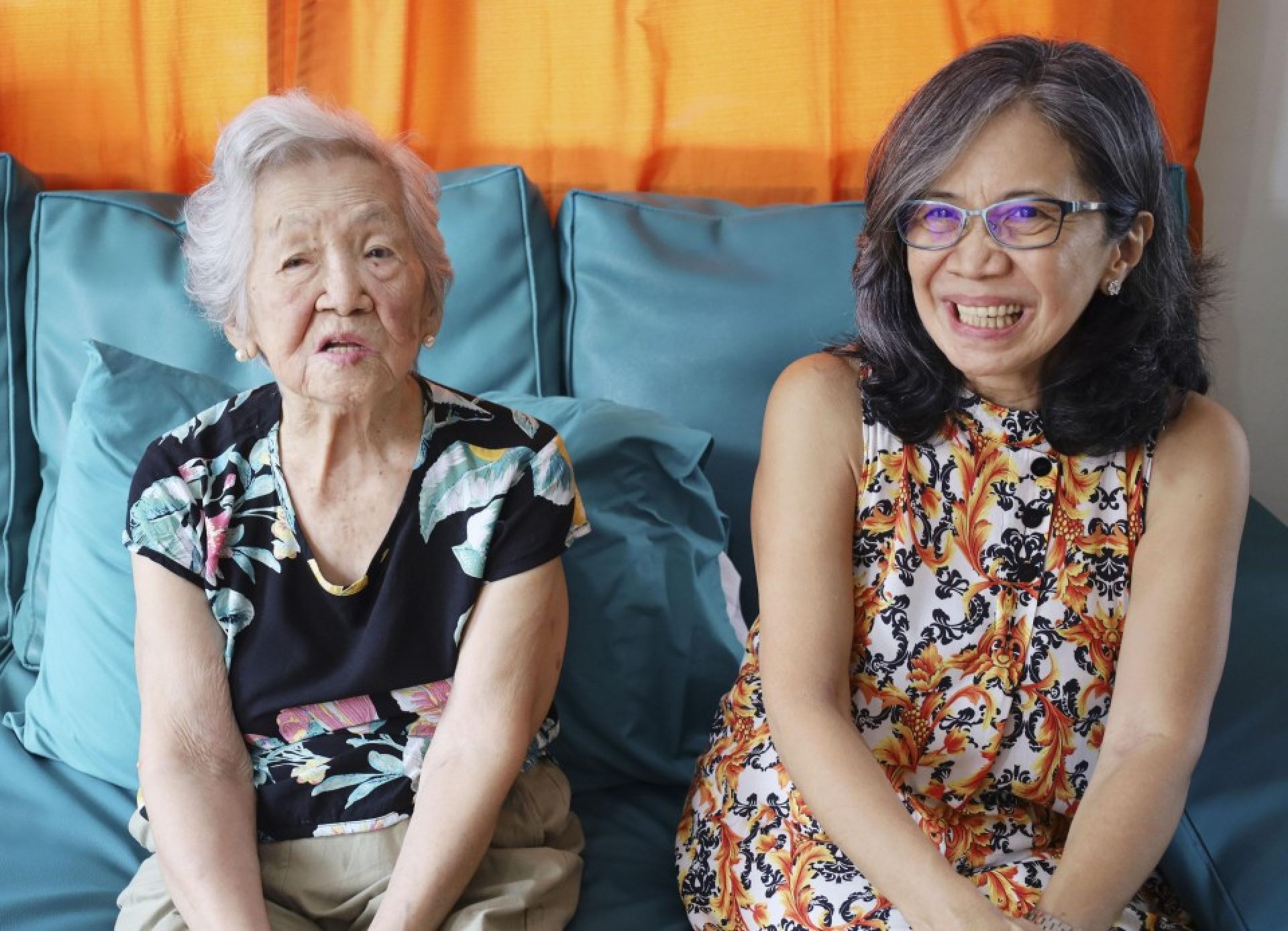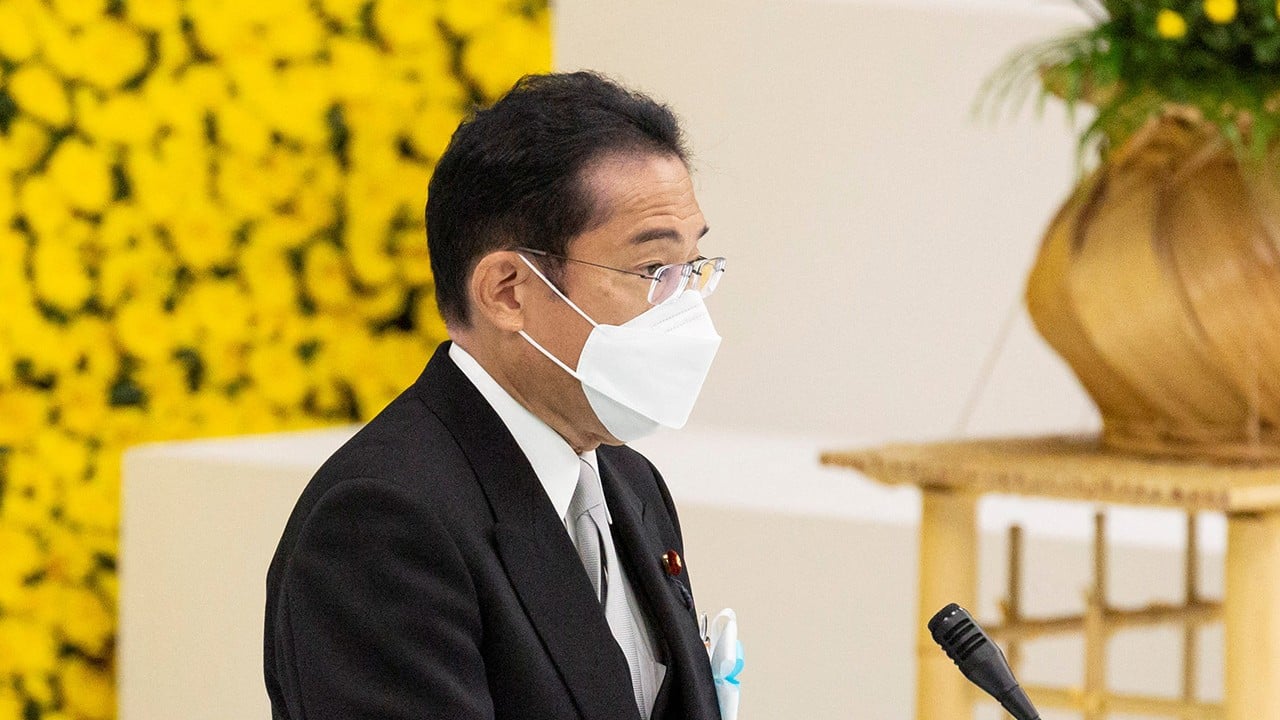Philippines waives fines for stateless ‘Nikkeijin’ descendants of Japanese migrants

[ad_1]
Many such descendants, known as Nikkeijin, were unable to obtain either Japanese or Philippine citizenship due to their birth records being lost during World War II, and saw fines imposed by the Philippines accumulate from the time of their birth.
The Nikkeijin were told to pay the fines before they could travel to Japan, even after acquiring Japanese citizenship and passport. Many could not afford to pay the hefty amount that accumulated over the many years they lived in the Philippines while deemed illegal residents, a group assisting them said.
The Japanese Embassy in the Philippines on August 14 announced the decision, which was made by the Southeast Asian country’s Immigration Bureau under the Justice Department in July as a new immigration guideline and communicated to the embassy.
Norihiro Inomata of the Philippine Nikkeijin Legal Support Centre, the group helping Nikkeijin restore their Japanese nationality, said that around 100 Nikkeijin, who are mostly 80 years old and older and have been unable to travel to Japan due to the large fines, could benefit from the waiver.

“This is great news. We are delighted since time is running out” for the elderly Nikkeijin, Inomata said.
The first to leave for Japan under the new policy could be Margarita Hiroko Koyama, 82, from the southern Philippine city of Digos. Koyama’s father, Tomaho Koyama, came to the Philippines before the war and married a Filipina.
In 1945, Tomaho and some of his children, including Margarita Hiroko, were taken captive by US soldiers before Japan’s surrender on August 15 that year. Tomaho was deported to Japan, leaving his wife and children behind. He died in Fukuoka Prefecture three years later.
It took Margarita Hiroko a long time to prove her Japanese lineage. She filed a petition at a family court in Japan and was recognised on her Japanese family register in 2017.
When Margarita Hiroko obtained a Japanese passport in 2019, she learned that she had to pay 2 million pesos (US$35,000) in fines before she could leave the Philippines, she said, adding she is grateful for the decision to waive the fines.
“It’s my wish to go to Japan, to the land of my father,” she said, adding she will visit Japan in September and meet her five daughters, who have been working for many years in Japan and now live in the central prefecture of Shizuoka.
She said she would also like to go to Kurashiki in western Okayama Prefecture to meet her Japanese relatives and pay her respects at her father’s tomb.
The Philippines’ Immigration Bureau said it acknowledged the needs of people who were recognised as Nikkeijin under Japanese law.
In Philippines, stateless descendants of soldiers long for Japanese citizenship
In Philippines, stateless descendants of soldiers long for Japanese citizenship
“We see the importance of crafting specific guidelines in processing their immigration documents,” the bureau explained as its reason for the decision to waive the fines.
The Japanese embassy in the Philippines told Kyodo there were cases in which large fines were collected from Filipino-Japanese descendants who travelled to Japan despite having experienced many hardships over the years before finally obtaining Japanese nationality.
“Also, in response to requests from organisations for Filipino-Japanese, we had earnestly called for the Philippines’ Justice Department, the Immigration Bureau and other related organisations” to solve the issue, which led to the bureau’s decision, the embassy said.
The embassy added it will continue to do its utmost to support Filipino-Japanese people who wish to obtain Japanese citizenship.
[ad_2]
Source link


